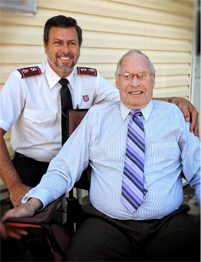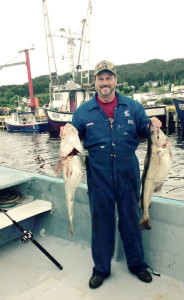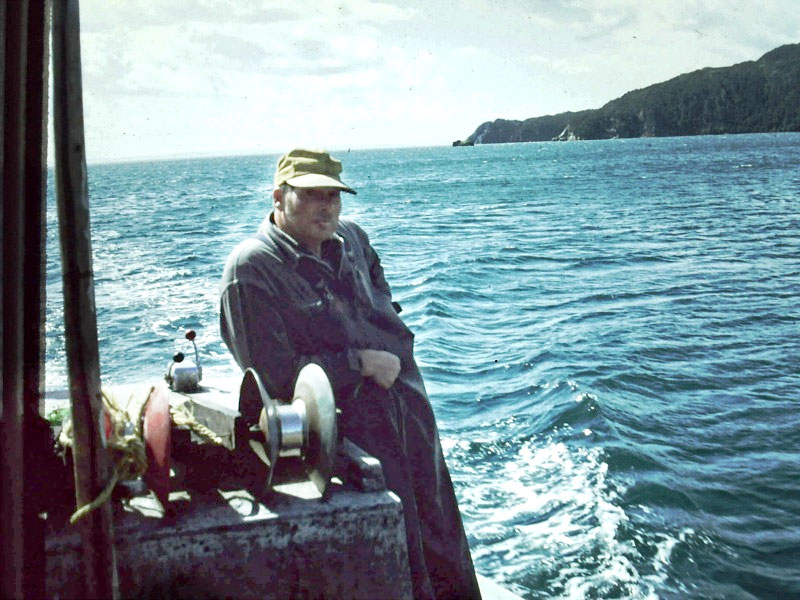 I grew up in Chance Cove, a small fishing village of 300 on the East Coast of Newfoundland. I wasn’t much good in the woods or in the boat. In fact, my dad’s advice to me was, “Be a preacher or you’ll starve to death.”
I grew up in Chance Cove, a small fishing village of 300 on the East Coast of Newfoundland. I wasn’t much good in the woods or in the boat. In fact, my dad’s advice to me was, “Be a preacher or you’ll starve to death.”
The first four disciples Jesus called were fishermen. That says something to me about the value of the skills one needs to employ to be an effective fisherman and the transferability of those skills.
1) Make Sure the Anchor Holds
My favourite picture of dad is of him holding the rope to make sure the anchor is not slipping. When it catches on the ocean floor he gives the order to drop the fishing gear.
Hebrews 2:1 says: “We must pay more careful attention, therefore, to what we have heard, so that we do not drift away.”
2) Know the Grounds: The ocean floor
The Jewish religious leaders often challenged Jesus. Jesus knew their thoughts, his audience, the religion, politics and culture of his day.
Jesus was close to the ordinary men, women and children. For me, these things equate with cultural awareness.
3) Know Your Gear : Your equipment
Dad knew the strengths and weaknesses of the trap. He knew when to mend or make a new trap bottom.
The Temptation of Jesus (Matthew 4:1-11) illustrates the value of knowing the Word and how to use it. The Holy Spirit will help with that. We put it into our memory and he brings it to the foreground just when we need to use it.
4) Know the Tides
Dad let me tie up the boat one evening, just one evening. I forgot about the tides. The bow of the boat was barely above water while the stern reached for the sky when the tides rose.
The tides were high that night in Gethsemane.(Matthew 26: 36-46)
What an opportunity to learn about the power of prayer by watching and praying with the Master himself. But alas, the disciples slept through the greatest prayer meeting the world has ever seen.
Know the tides in your life. They are powerful. They are opportunistic. They are Dangerous.
5) Know Your Boat: Yourself
You need to know what your boat can take:
The load:
- How much it can carry
- How you must distribute it
- When you must lighten it
- When you must give some of it away
- There is only so much stress you can handle, even if the cargo is precious, know yourself, know what to carry, know what to jettison, know when to do it.
The Storms:
- How much your boat can take
- How to handle it in the storm
- The storm will come, know how to handle it before it happens.
6) Know Your Way Home
Sudden storms are unexpected and can be dangerous. You need to be ready for them. Keep your eye on the horizon, not the bow of your boat.
Know what’s going on in the boat. Know what’s going on around the boat.
7) Respect the Skipper
John 7:16 says: “My teaching is not my own it comes from he who sent me…”
Don’t argue with the skipper in the midst of the storm, you must trust His judgment, leadership and decisions.
Conclusion:
You can split your fish carelessly, salt it carelessly, fail to make it properly by leaving it in the sun too long, not turning it over, or not taking it in when the weather turns bad, but when culling time comes you will regret your negligence for only the choice fish will bring joy to the buyer and reward to the seller.
Eventually, every person’s work will be tested, culled. Judgment is coming. How will your work stand up?




